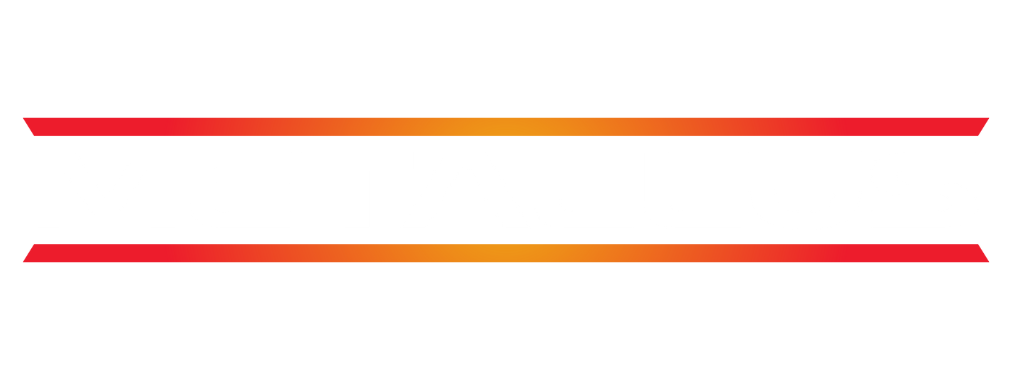Bringing Innovative AI to an Industry Leader
Case study: MetallusMetallus enlisted the help of Worlds to explore how they could advance the use of AI in an industry that had yet to embrace it. The two companies worked together and found new ways to drive operational efficiency and improve workplace safety.
“The ability to measure, collect, and act on real-time data enhances safety, operational efficiency, and overall performance within the steel industry."
— Andrew Bissot, Vice PresidentFocus:
Leadership at Metallus was interested in exploring how AI could enhance operations and ensure safety, two priorities for any organization in the steel industry. The company already had made investments in a web of video cameras and sensors to keep a watchful eye on day-to-day operations. But before enlisting the help of Worlds, the way they utilized that network remained largely reactive.
When an operational error or safety incident occurred, the team members present were the only ones to immediately know about it. Only with hindsight could managers review video and data to pinpoint what happened.
In some cases, Metallus needed to control against human error—there was risk that a manager may examine something thousands of times and eventually gloss over an important indicator.
Meanwhile, Metallus’ demanding customer base meant there was no room for error. When you’re making material across a wide spectrum of end customers, Metallus’ steel must be of the highest quality, free of defects, and able to meet certain mechanical requirements. For example, if Metallus’ machines didn’t cut a steel billet within a centimeter-range of accuracy, a customer may receive it and send it back at the manufacturer’s cost. In other cases, the piece may be scrapped altogether because it didn’t meet quality standards. Millions of dollars of product can be reprocessed each year.
After a previous experiment with a company that provided AI as a tack-on service to other steel-industry products, Metallus was looking to work with technology experts rather than steel industry insiders, says Andrew Bissot, Metallus’ Vice President of Engineering, Manufacturing Excellence, and Reliability. “I want an AI company,” he says. Worlds was brought aboard to leverage its AI capabilities, think outside the box, and disrupt the way Metallus tracked, measured, and ultimately optimized operations.
Solution:
Worlds started by tying together Metallus’ existing network of cameras and sensors in a way that allows Metallus to track real-world operations in real-time. Rather than wait for instances to occur, Worlds’ AI now tracks processes and equips Metallus with automatic verification and alerts for developments that require attention.
Worlds and Metallus pinpointed several areas where they could use technology to optimize operations:
Creating more accurate measurements.
Worlds helped Metallus automate the measurement of its head and tail cut, enabling a static camera to measure the distance between a fixed point and the saw cut line. That not only validated the measurements, but also reduced manual labor required to review potential misses.
Monitoring and Managing an Electric Arc Furnace (EAF). To minimize disruptions in the operations, operators must ensure the EAF’s breast height remains within a certain range. Historically, this task was performed by team members who manually observed and monitored this critical measurement. Worlds’ AI technology provided an objective, real-time, accurate measurement process that eliminated the manual effort so operators could focus on other vital parts of the operation.
Keeping teammates out of restricted areas. Worlds set up digital “red zones” so Metallus could ensure employees were clear from areas during certain operating conditions. Various cameras monitor virtual zones and issue alerts if the zones are occupied during critical processing steps, such as the charging and tapping process of the EAF.
Impact and future plans:
Within a matter of weeks, Worlds helped Metallus turn many of its reactive processes into proactive ones, with machines—rather than humans—tasked with monitoring critical data points. This effort has freed up existing staff for higher-value work and helped Metallus go above and beyond in providing for the safety of employees.
As Worlds AI continues to train itself on the real-world processes it’s watching, it will unlock new opportunities to drive efficiency and enhance operations.
“We recognize that this is a technology that we have to adopt,” Bissot says. “We need to be at the forefront with it, learn quickly, and prove value.”
After becoming familiar with Worlds’ technology, Metallus leadership identified several additional areas of improvement. One way Worlds will drive impact is through WorldsNQ, a technology that takes a real-time, detailed inventory of everything in a physical environment, feeding that information into Worlds AI to be measured and tracked. The two sides have already brainstormed additional scalable concepts. Projects identified range from enhancements to on-site security—like vehicle identification and gate automation—to advanced capabilities like defect detection, thermal imaging, grinder verification, and accelerometry detection.

